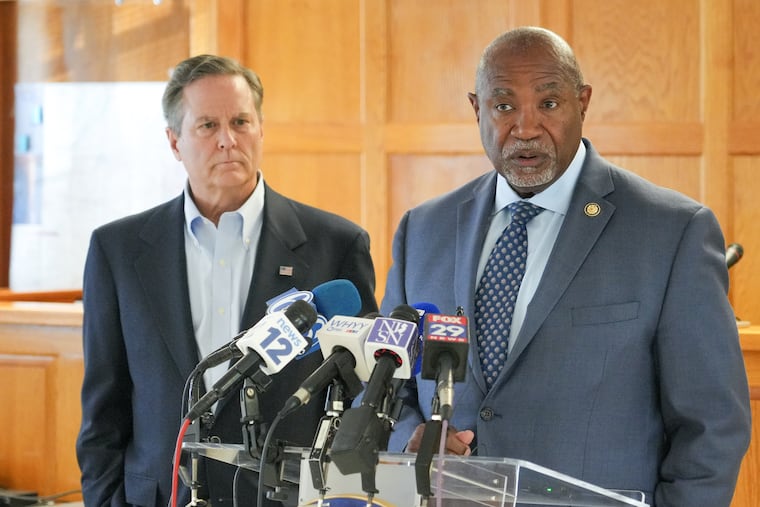Defense attorney for Harvey Weinstein dismisses accusers as “grifters” during closing arguments in the trial.
Harvey Weinstein’s defense attorney, Arthur Aidala, has mounted a vigorous rebuttal against the accusations made by three women who have alleged sexual assault by the disgraced film mogul. In an intense closing argument delivered Tuesday in Manhattan, Aidala characterized the accusers as opportunists, referring to them as “grifters” who manipulated Weinstein rather than the other way around. He suggested that the accusations were part of a broader narrative built around the #MeToo movement, which has sought accountability for sexual misconduct in Hollywood and beyond.
Aidala’s argument was multi-faceted, involving personal anecdotes and theatrical gestures, including emulating one of the accusers as she expressed her emotional distress on the witness stand. He contended that it was Weinstein who had been victimized, claiming the three women leveraged their youth and charm for personal gain from the powerful producer. He justified his claims by attempting to reframe the nature of the relationships between Weinstein and the accusers—Miriam Haley, Kaja Sokola, and Jessica Mann—as consensual interactions rather than acts of coercion.
Haley, previously known as Mimi Haleyi, has accused Weinstein of forcibly performing oral sex on her in July 2006, alongside a second incident shortly thereafter. Meanwhile, Sokola testified to being assaulted by Weinstein when she was just 16 years old in 2002 and recounted another assault in 2006. Mann has alleged that Weinstein raped her in a Manhattan hotel in March 2013 yet maintained an intertwined relationship with him thereafter.
Aidala expressed skepticism about the veracity of their claims, suggesting that the prosecution’s efforts were far superior to the actual legitimacy of their accounts. Calling them women with “broken dreams” who wanted to “cut the line,” he implied their motivations were questionable and rooted in a desire for notoriety rather than genuine grievance.
Prosecutors have gathered extensive testimony and prepared the witnesses for these proceedings, even flying them in from various locations to ensure their availability and reliability. The ongoing retrial has significant implications not just for Weinstein, who faces charges including first-degree criminal sexual act and third-degree rape, but also for the enduring impact of the #MeToo movement, which first gained public attention following revelations of Weinstein’s long history of sexual abuse.
Weinstein is currently serving a 23-year sentence after being found guilty in 2020, but a recent ruling by the state’s highest court overturned that conviction. This new trial is seen by many as a critical test of the judicial system’s response to sexual assault allegations within the entertainment industry and the broader cultural landscape.
As the proceedings continue, both sides are preparing for their final arguments, which will likely shape the narrative surrounding this high-profile case and its repercussions within society.







